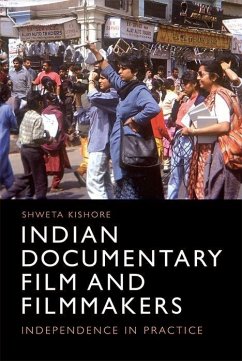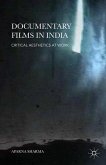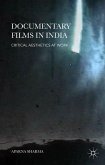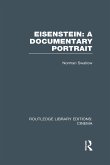'Rigorous and resourceful, Kishore's labour of love ranges from the work of five exemplary artists to their theoretical and political context. With the growing circulation of independent Indian non-fiction voices and images, "practising independence" becomes increasingly urgent.' Thomas Waugh, Concordia University Independent documentary is enjoying a resurgence in post-reform India. But in contemporary cinema and media cultures, where 'independent' operates as an industry genre or critical category, how do we understand the significance of this mode of cultural production? Based on detailed on-site observation of documentary production, circulation practices and the analysis of film texts, this book identifies independence as a 'tactical practice', contesting the normative definitions and functions assigned to culture, cultural production and producers in a neoliberal economic system. Focusing on selected filmmakers, the author establishes how they have reorganised the dominance of industrial media, technology and social relations to develop practices that build upon principles of de-economisation, artisanship and interdependence. Shweta Kishore gained a PhD from Monash University, and is a documentary practitioner and scholar. Her interests in film studies, gender and social theory intersect in writing, making and curating independent documentary film as a mode of critical and political practice. She lectures in Film and Media at RMIT University in Ho Chi Minh City and leads creative research collaborations with contemporary Vietnamese women artists. Cover image: Sabeena Gadihoke on camera and Ranjani Mazumdar with the microphone, shooting a Hindutva mobilisation meeting in Chandni Chowk, Delhi in 1990. Courtesy of Shohini Ghosh Cover design: [EUP logo] edinburghuniversitypress.com ISBN 978-1-4744-3306-8 Barcode








